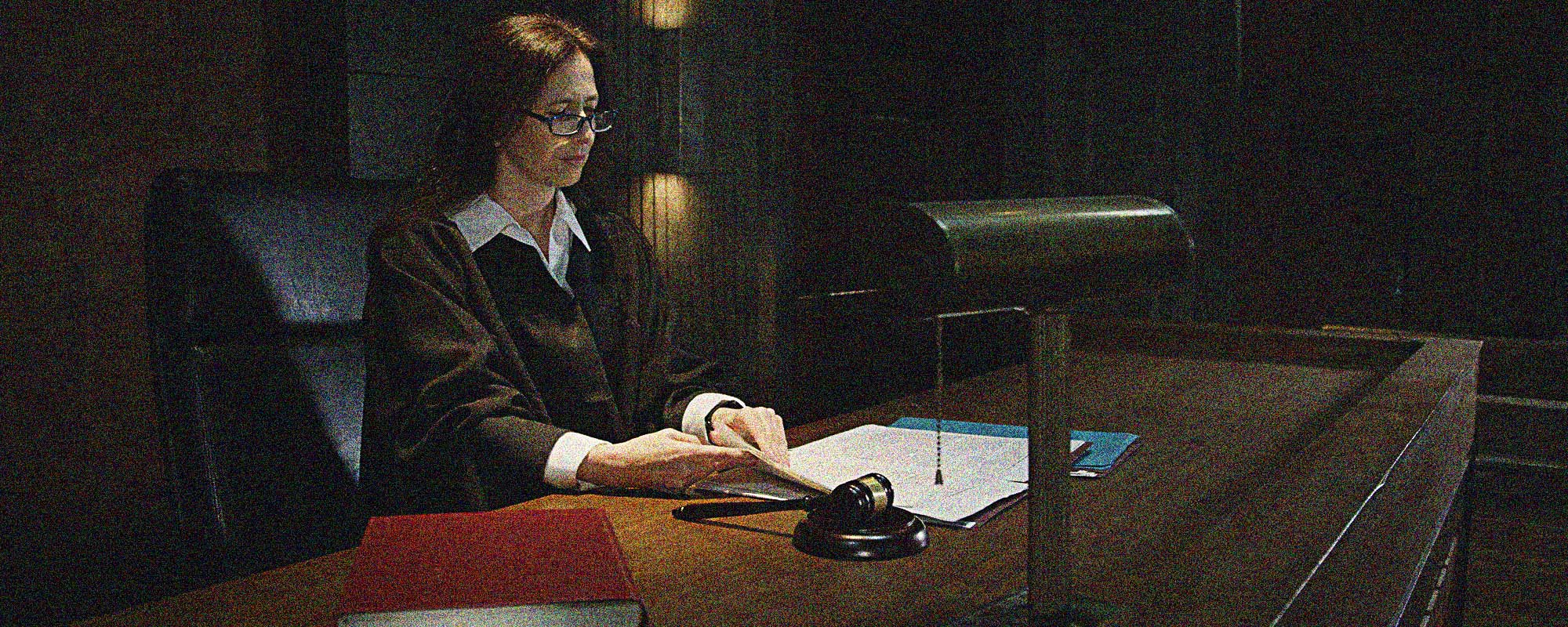Miscarriages of justice represent some of the gravest failures of the criminal justice system. For example, an innocent person may have pleaded guilty or been convicted of a serious criminal offence because their right to a fair trial was violated. This appeal concerned the proper remedy an appellate court should order under s. 686(2) of the Criminal Code, when a miscarriage of justice has occurred but there is the possibility of a conviction on a retrial. The Court unanimously agreed that the Appellant in this case was entitled to an acquittal, but split 5-4 about why, and what framework should govern similar cases in future. The CCLA intervened before the Supreme Court of Canada.
Under s. 686(2), when a miscarriage of justice has occurred, a court may order a new trial, a judicial stay of proceedings, or enter an acquittal. A judicial stay puts an end to the proceedings, whereas an acquittal is a finding that the accused is not guilty, and thus removes the most stigma for the accused. In this case, the Appellant was prosecuted in relation to the death of a child and pleaded guilty. The Crown failed to disclose significant evidence about the unreliability of expert evidence, which would have weakened its case, resulting in a miscarriage of justice.
The majority found that because the Crown undertook not to prosecute the Appellant any further, the Court should enter an acquittal now. They declined to consider a broader framework for miscarriage of justice remedies for courts to apply in future. The minority, highlighting the intervenors’ submissions including the Canadian Civil Liberties Association, held that it would be appropriate to outline a framework for such cases. They proposed a list of factors that would be relevant to determine whether to enter an acquittal based on those cases that have the “hallmarks of a wrongful conviction”. These include: the non-disclosure of material information, unreliable scientific or expert evidence, improper police investigations, false confessions, and systemic discrimination. In the minority’s view, the application of this framework justified the Appellant’s acquittal.
The CCLA will continue to advocate for a robust approach by courts to remedy miscarriages of justice. You can read the full judgment here and the CCLA’s factum here.
We are grateful to Matthew Gourlay and Érik Arsenault of Henein Hutchison Robitaille LLP for their excellent pro bono representation in this case.
About the Canadian Civil Liberties Association
The CCLA is an independent, non-profit organization with supporters from across the country. Founded in 1964, the CCLA is a national human rights organization committed to defending the rights, dignity, safety, and freedoms of all people in Canada.
For the Media
For further comments, please contact us at media@ccla.org.





